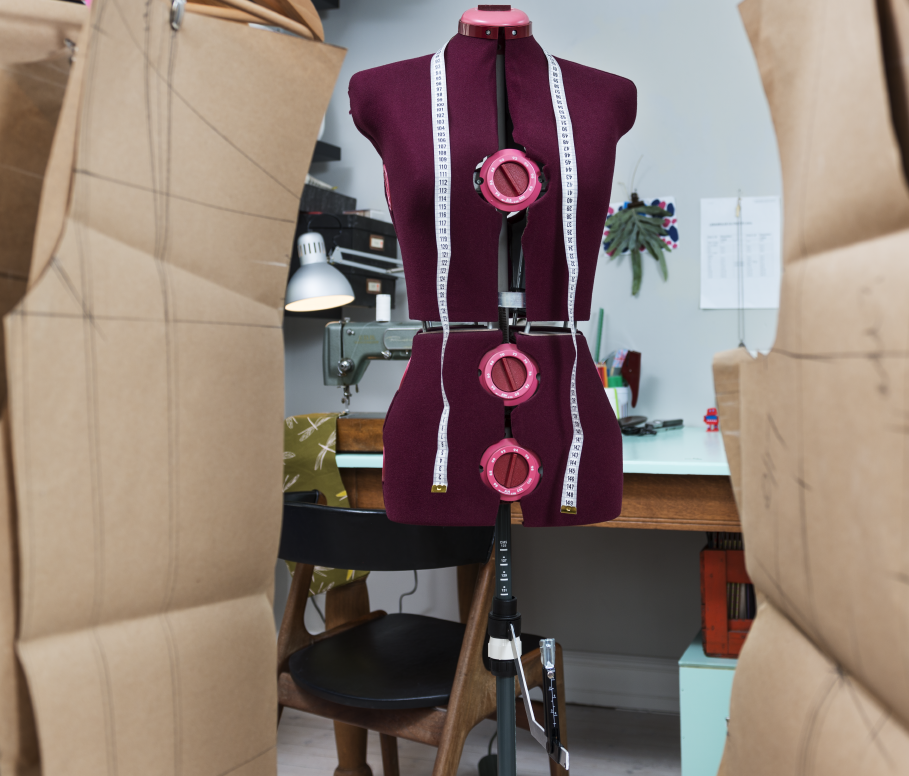This case study is based on an article published by WIPO Magazine found here.
Who: Isabella Springmuhl, founder of Down to Xjabelle
The Challenge:
The global fashion industry, spanning brands, wholesalers, importers and more, is expected to exceed $1.7 trillion in revenue this year, with revenue projections anticipated to increase by 5.48 percent in 2023. Even with this continued growth, a lack of inclusive designs means individuals living with developmental disabilities are often left without clothing that meets their unique needs.
The Opportunity:
Isabella Springmuhl knew she wanted to be a fashion designer from a young age. Living with Down syndrome, she set out to challenge stereotypes and social discrimination by creating designs that fit all body types, while honoring the textiles and patterns of her native Guatemala.
After being denied entry to a formal university due to her Down syndrome, Springmuhl began studying at a dressmaking academy where she learned to sew and make patterns. She focused on clothing for individuals with Down syndrome, who oftentimes have shorter limbs and torsos. After gaining popularity for her designs that feature Guatemalan textiles, tassels, and other colorful accessories, she expanded her line with options for all body types and genders. Soon after, she was invited to participate in the 2016 London Fashion Week. That same year, she was named by the British Broadcasting Corporation as one of the world’s 100 most influential women.
Robust intellectual property (IP) rights, which encourage innovators to take strategic risks and pursue new ventures, are crucial to Down to Xjabelle’s success. By trademarking her company, Springmuhl was able to develop a niche in an otherwise crowded business landscape. The protections afforded by a strong IP infrastructure allow the company to advance its mission, while evolving over time to meet new consumer demands.
Additionally, IP rights help secure economic value on the work of the indigenous artisans who produce the brand’s fabrics and accessories, helping these artisans support their families and quality of life. When asked about IP rights, Springmuhl notes, “They have helped me gain recognition and standing for all the effort I put in, for my creativity, the quality of Guatemalan textiles, my team’s work and the fair trade behind each item.”
As the world continues to change, industries need innovators and innovations that meet the needs of the moment. Seeing a need for more inclusive clothing, Springmuhl turned an idea into a beneficial product that helps improve individuals’ lives and advances the fashion industry. By investing in and protecting IP rights, innovators like her are well prepared to produce value that benefits the world.
IP rights allow Springmuhl to secure economic value on the work of the indigenous artisans who produce the brand’s fabrics and accessories, helping these artisans support their families and quality of life.


